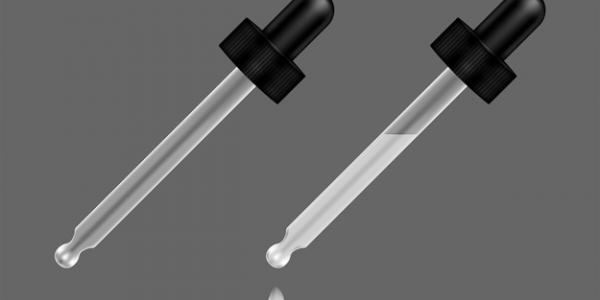
Glaucoma: How To Treat Naturally
Managing Glaucoma Naturally
Glaucoma is the said to be one of the leading causes of blindness in the world. Other causes of blindness include age-related macular degeneration and cataracts. Glaucoma is actually a group of diseases that result in the damage to the eye’s optic nerve. The optic nerve is responsible for delivering information from the eye to the brain. Glaucoma is often referred to as the “silent thief of sight” because it often goes unnoticed with a gradual loss of peripheral vision which means that a person is less able to see the edges of their field of vision. Without treatment, glaucoma can progress to permanent, irreversible vision loss and yet glaucoma is preventable.
What causes of glaucoma?
We still do not fully understand the cause of glaucoma. What we do know is that the pressure in the eye increases leading to the degeneration of the optic nerve and the retinal cells. Inside the eye, there is fluid formed called the Aqueous Humour which helps nourish the cornea and other structures with amino acids and it also helps regulate eye pressure through the drainage channels. When there is an imbalance between the manufacture of this fluid and its drainage, eye pressure begins to rise. Anyone can develop glaucoma; there are several probable causes of glaucoma which include:
- Genetics – just like many diseases, the chances of glaucoma are greatly increased if you have a family history of glaucoma.
- Ageing – age is a common cause of glaucoma. Age and the occurrence of glaucoma are directly correlated.
- Ethnicity – Caucasians are less likely to suffer from glaucoma than those of Afro-Caribbean, Asian or Hispanic origin.
- Medical disorders – diabetics is a leading medical condition associated with glaucoma. Certain medications such as steroids also increase the risk; other eye disorders and eye surgery may well be the reasons for developing glaucoma.
Glaucoma: What are the symptoms of glaucoma?
Glaucoma is considered a serious condition because it is detected very late. By the time glaucoma is diagnosed, damage might have already occurred. Most people do not experience many problems except the deterioration of vision. Often the dimness in vision may be accompanied or attributed to cataract, which occurs in the same age group.
When symptoms are present, they may include:
- Blurring of vision
- Halos around lights
- Sudden loss of sight
- Headaches or pain around the brows
- Eye redness
How is glaucoma diagnosed?
The pressure within the eye is 10-21 mmHg. This is considered normal because 95 percent of people measured have this pressure. Eye pressure is measured by a tonometer which is now widely used by optometrists. An increased eye pressure does not necessarily mean that glaucoma is present. Two out of three criteria are required to establish if glaucoma is present which include raised eye pressure; damage to the optic nerve and/or loss of peripheral vision.
How can you treat glaucoma?
There is no cure for glaucoma. By the time one has been diagnosed with glaucoma, some damage has been done to the optic nerve and some form of vision loss. The usual forms of treatment include eye drops to reduce eye pressure and if this fails then some form of surgery is recommended. All these treatments will not reverse vision loss; they are used to prevent further damage.
Many patients are unable to maintain the daily use of eye drops which puts them at greater risk from glaucoma. There is a supplement, aptly named Eye Pressure Support with Mirtogenol, which has been used in human studies and found to reduce eye pressure on its own or even more so when used with prescription eye drops.
Eye Pressure Support contains a standardised extract of French maritime pine bark extract as well as bilberry extract. It is thought that these two natural extracts work to decrease the inflow of fluid into the eyes, calm down inflammation in the eye tissues and reduce resistance to the drainage of fluid all of which would help reduce eye pressure.
It is absolutely imperative that you should have your eyes checked regularly, at least once a year, to make sure that your optic nerve is not damaged. The progression of glaucoma can be prevented with early treatment.
DISCLAIMER: The views, opinions and information expressed in this article and on Victoriahealth.com Ltd are those of the author(s) in an editorial context. Victoriahealth.com Ltd cannot be held responsible for any errors or for any consequences arising from the use of the information contained in this editorial or anywhere else on the site. Every effort is made by the editorial and content team to see that no inaccurate or misleading information, opinion or statement appear, nor replace or constitute endorsement from medical bodies or trials unless specified. Victoriahealth.com Ltd accept no liability for the consequences of any inaccurate or misleading data, information, opinion or statement. Information on Victoriahealth.com Ltd and in the editorials is provided for informational purposes only and is not intended as a substitute for the advice provided by your physician or other healthcare professional. You should not use the information on this website or in the editorials for diagnosing or treating a health concern or disease, or for the replacement of prescription medication or other treatment.